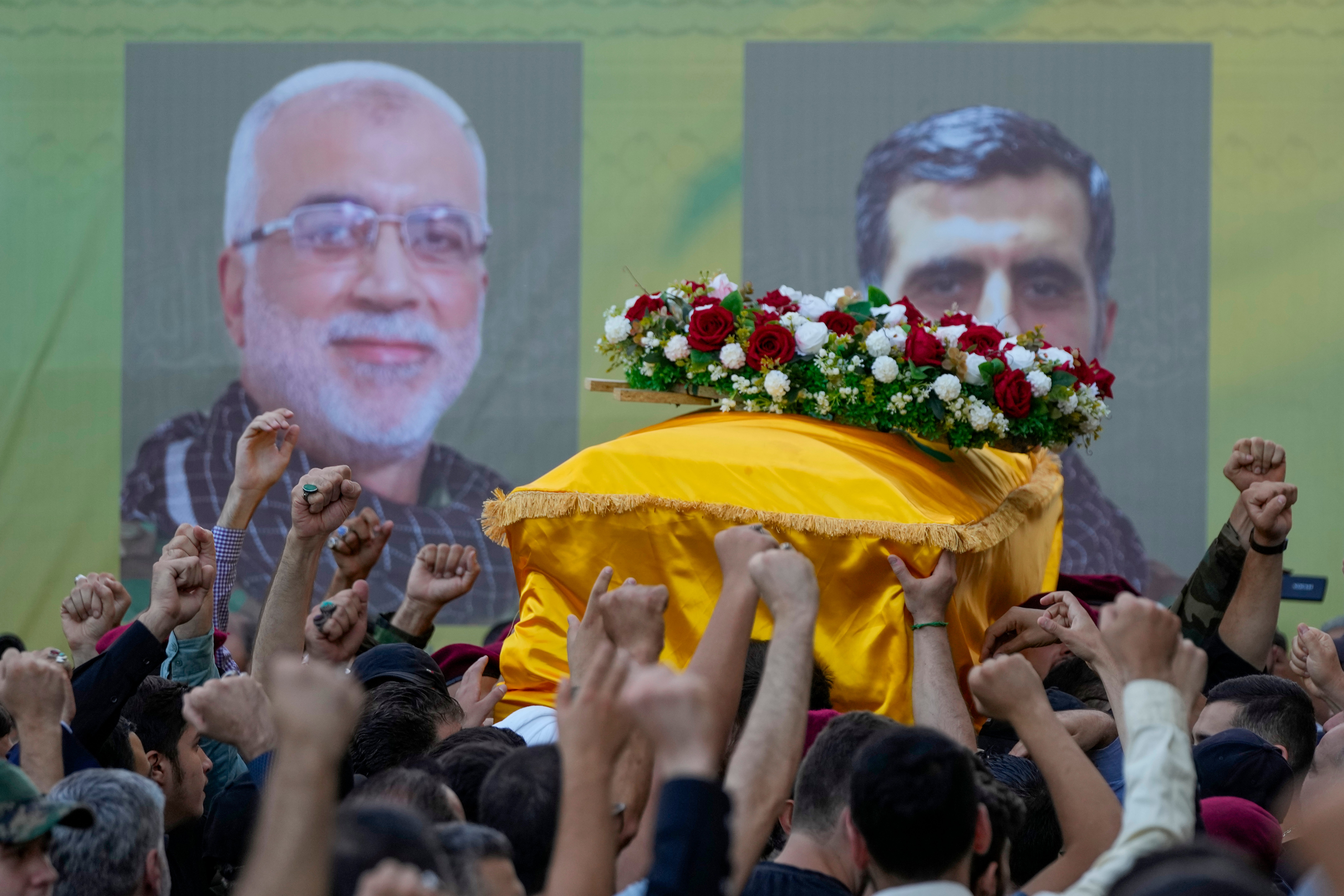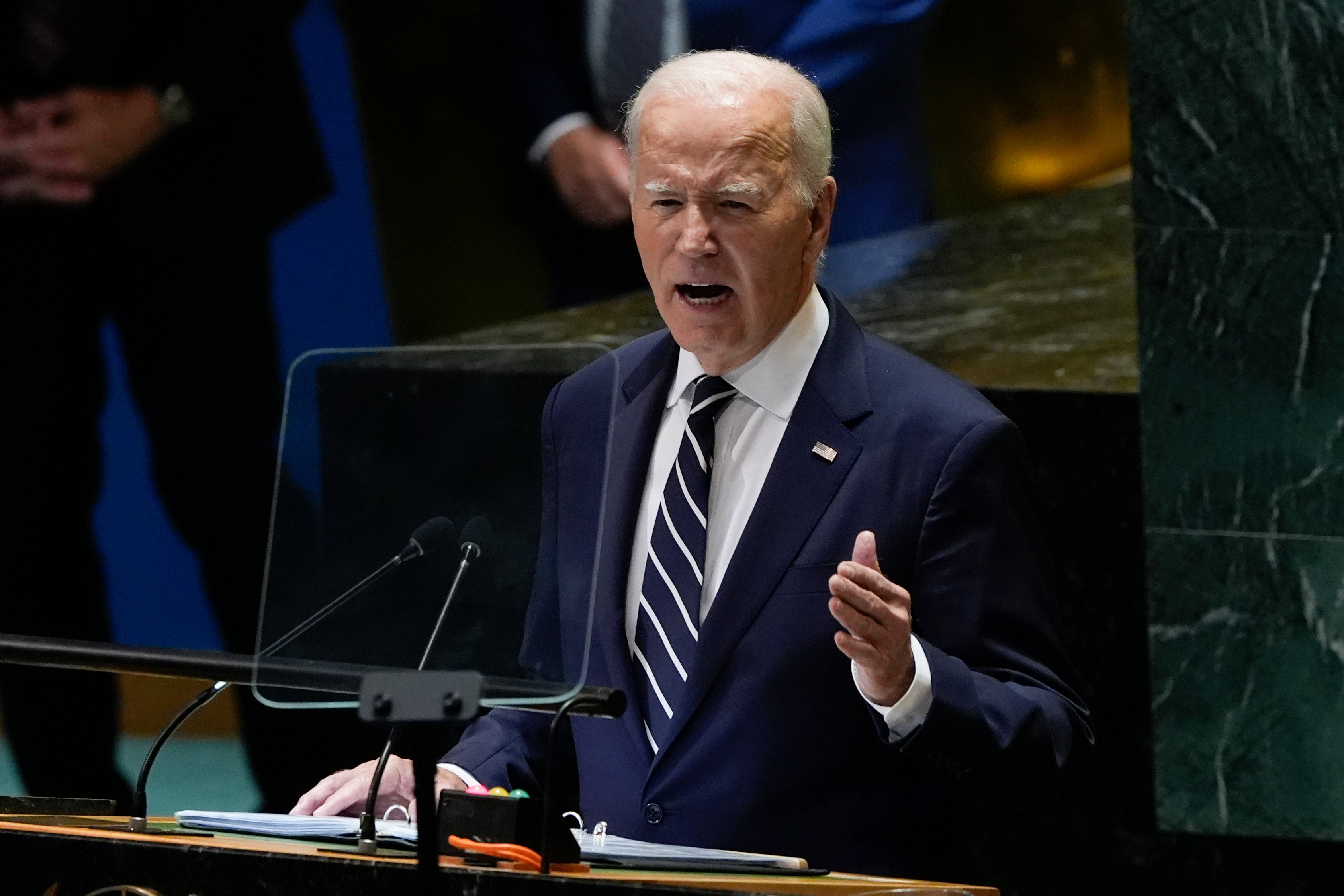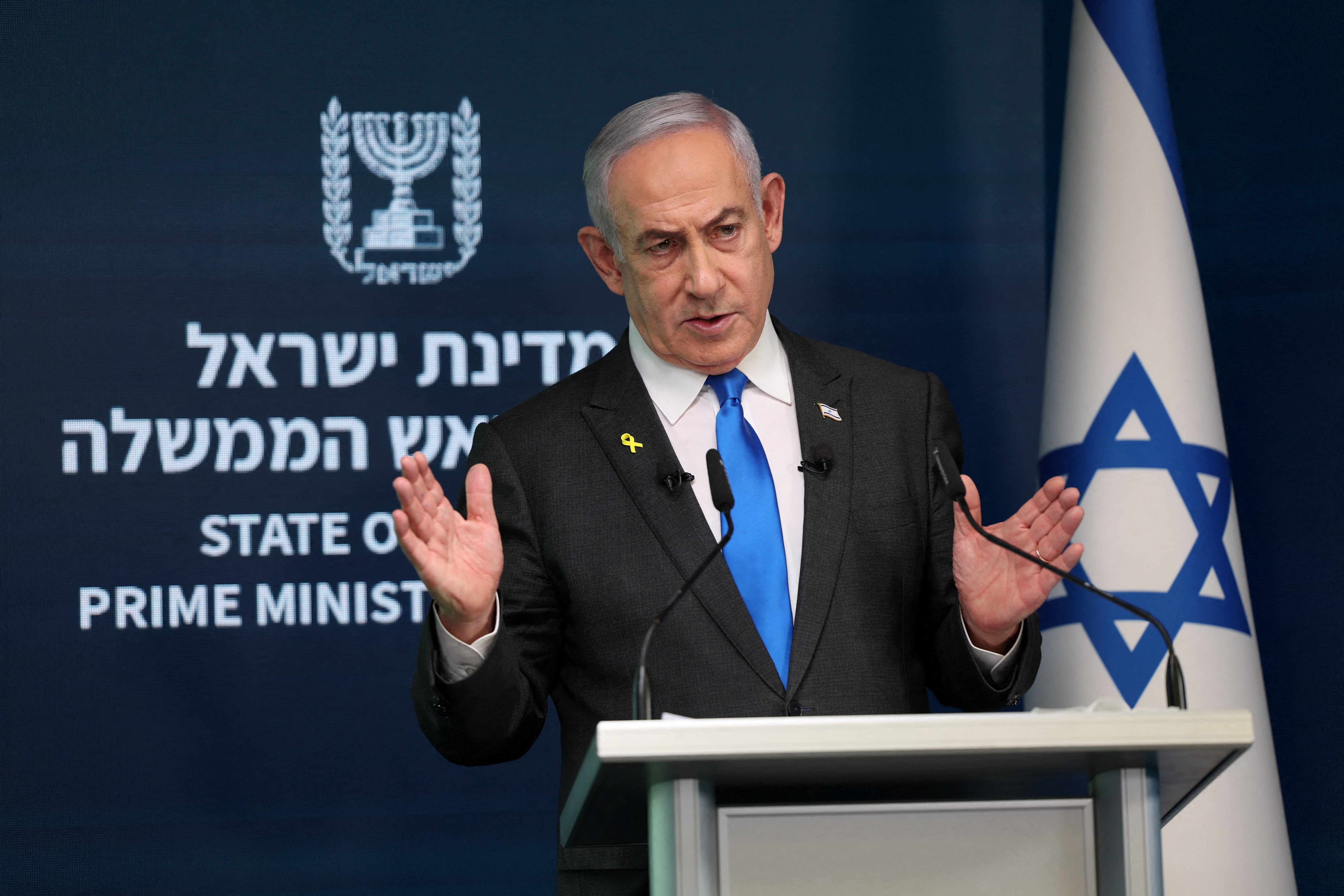Tensions in the Middle East continue to escalate as Israel ramps up its assault on Hezbollah targets in Lebanon.
Beginning with a major bombardment on 23 September, Lebanon has now experienced its deadliest attack since the end of the 1975 – 1990 Civil War, with over 90,000 civilians displaced from their homes.
Israel has called the bombardment a “new phase” of its war on Gaza, striking more than 1,000 targets in Lebanon which it says were Hezbollah strongholds or military facilities in homes.
Since the 7 October Hamas attack where over 240 Israeli hostages were taken, Hezbollah has been striking Israel from Lebanon on the country’s northern border in support of Hamas. Israeli forces have continued to respond with strikes on the paramilitary group which regularly fired missiles and rockets to intercept military technology like drones or tanks.

But the massive bombing campaign by Israel marks a major escalation in the exchanges – one which the international community worries could lead to all-out war in the Middle East. It comes as the country also continues its military action in Gaza, which has now killed over 41,000 Palestinians.
Why is Israel attacking Lebanon?
Israel says it is attacking Hezbollah targets in Lebanon in a bid to return its citizens who have been displaced from the north by Hezbollah attacks. The country’s officials say that 65,000 Israeli citizens have been evacuated due to conflict on the border.
Speaking in the days after the initial wave of attacks, Defence Minister Yoav Gallant said Israel would deploy renewed “forces, resources and energy” to the northern region in its campaign against Hezbollah.
“Today was a masterpiece,” he later added, “this was the worst week Hezbollah has had since its establishment, and the results speak for themselves.”
Hezbollah, a proscribed terrorist group in the UK, was formed in 1982 but gained significant military power in the 2006 Lebanon War against Israel. Its stated objective is to drive Israeli forces away from southern Lebanon.

The group is aligned with Iran, which is understood to provide most of its funding. Hezbollah’s military wing is sophisticated and thought to be about the strength of a medium-sized army, stronger than Lebanon’s own forces.
Israel’s heightened assault on the group has pulled civilians into its wake, killing an estimated 620 and injuring nearly 2,000.
Wednesday 25 September saw Hezbollah aim a long-range missile at Israel’s capital Tel Aviv, the deepest into the country the group has attempted to attack. On the same day, Israel targeted mountains north of Lebanon’s capital Beirut for the first time in the war.
The country’s forces are now reportedly preparing for a possible ground operation. While the military has said in recent days that it does not have plans for an invasion, spokesperson Rear Admiral Daniel Hagari told reporters: “The army is in full readiness, and we will do whatever is necessary to bring back home all our citizens to the northern border safely.”
Could other countries become involved?
A ground invasion of Lebanon would mark a major escalation in the conflict, likely with serious international repercussions. The United States has already announced it would deploy additional troops to the area, with 40,000 already in the region.
With its close ties to Iran, a direct assault on Hezbollah runs the risk of drawing the country – a long-time opponent of Israel – into the conflict. Tensions already reached a high point in April when Iran launched a drone and missile attack on Israeli targets in April, responding to the country’s bombing of part of the Iranian embassy in Damascus, Syria.
Israel responded in turn with a series of retaliatory strikes on Iranian military sites, with little further conflict between the two nations reported since.
Although it has never revealed its nuclear weapon status, Israel is thought to hold an arsenal of 90 nuclear warheads. Iran is not believed to be nuclear-armed but resumed its nuclear programme after limits were lifted by former US president Donald Trump in 2018.

The UK has now joined the US, France and other allies in calling for a 21-day temporary ceasefire between Israel and Hezbollah. The joint statement reads: “It is time for a settlement on the Israel-Lebanon border that ensures safety and security to enable civilians to return to their homes.
“The exchange of fire since 7 October, and in particular over the past two weeks, threatens a much broader conflict, and harm to civilians.”
But Israeli prime minister Benjamin Netanyahu, due to address world leaders at the UN’s General Assembly, has ruled out the deal.
“There will be no ceasefire in the north,” a spokesperson said, “we will continue to fight against the terrorist organization Hezbollah with all our might until victory and the safe return of the residents of the north to their homes.”

Speaking ahead of the assembly, UN Secretary General António Guterres warned that the world “cannot afford Lebanon to become another Gaza.”
Lebanese officials have also called for a ceasefire and suggested they will involve their own forces if Israel undertakes a ground invasion. Speaking to Sky News, health minister Firass Abiad said that Israeli strikes in the country are causing “carnage”.
“We’re already at war – this is not just an escalation, we are already at war,” he added.
“If Israel uses these very big and strong bombs to target civilian areas, as they have been doing, then yes, the numbers could reach catastrophic – even more catastrophic – than what we see now.”
But Israeli strikes on targets in Lebanon continue, with 75 attacks reported on Wednesday. And while Israel and Hezbollah have both advocated for de-escalation in the region, both maintain their attacks and threats.

